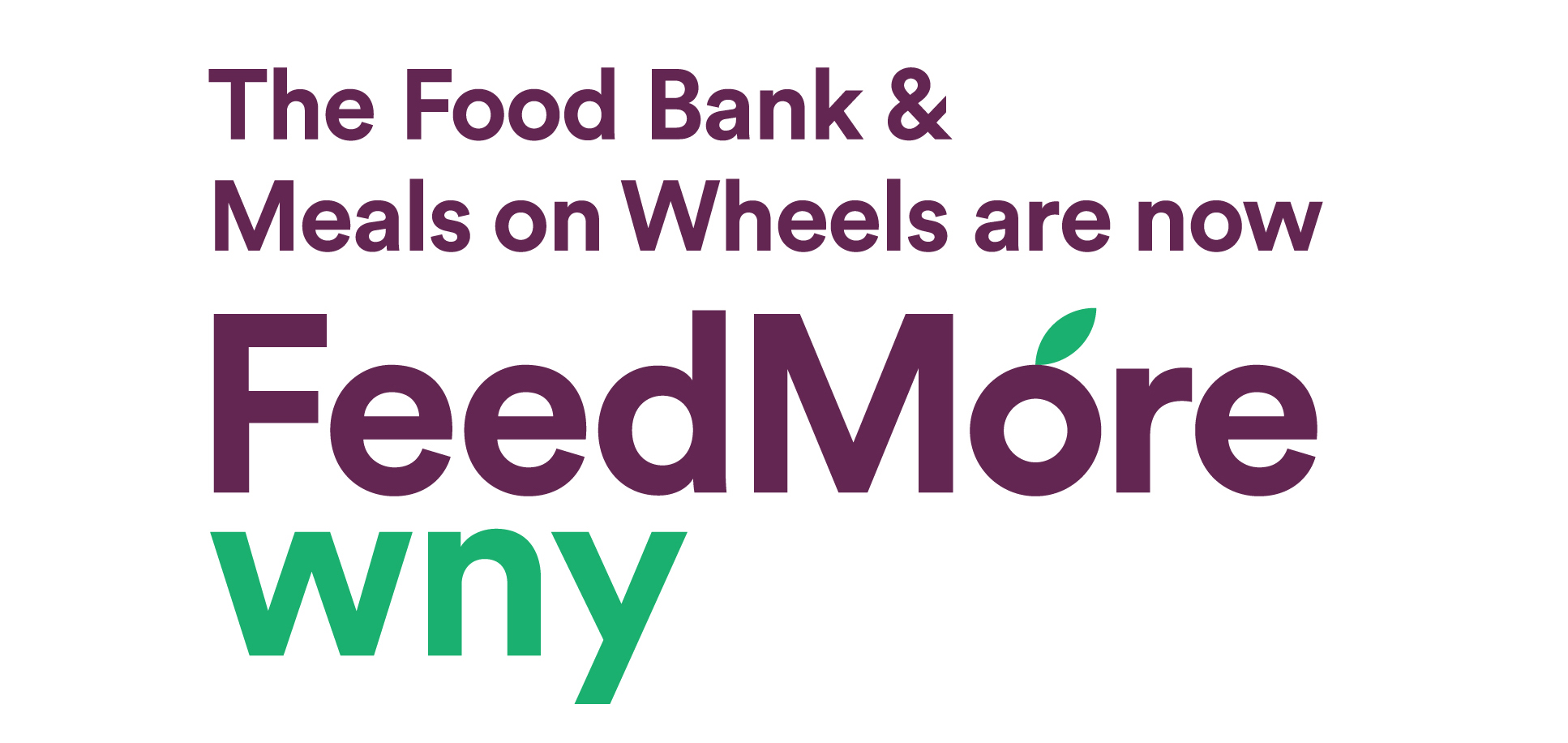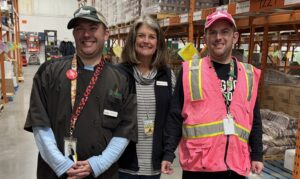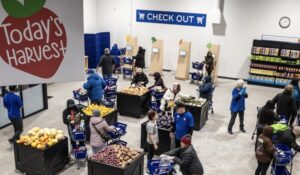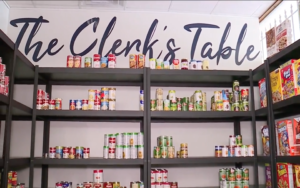By the end of this month, Buffalo-based FeedMore WNY will be delivering freshly prepared meals to an additional 500 clients in one of the four counties it serves, up from about 50 clients before.
That’s just one of the positive results to come out of a pioneering partnership that brings together the Food Bank of Western New York with the local Meals on Wheels program. The newly merged entity, FeedMore WNY, was granted official approval on December 31.
FeedMore WNY is one of a growing number of organizations finding synergies in combining traditional food bank operations with meal preparation and delivery. The organization drew its inspiration in part from FeedMore in Virginia, a food bank that runs a Meals on Wheels program throughout the Richmond area. Other organizations have expressed interest in such mergers, with FeedMore WNY noting that at least seven around the country have reached out to it to gain insights. Last month, Greater Chicago Food Depository announced a $50-million plan to expand into meal preparation with the addition of a massive new kitchen.

FeedMore WNY’s pathway to meal prep comes in the form of a joint services agreement between the food bank and the local Meals on Wheels program, which combines the staff and leadership teams of the two organizations. No jobs are to be eliminated in the combined organization, which will employ 115 individuals.
“After decades of collaboration, coming together was not only a natural evolution, but the best answer to how we could make an even greater impact,” said Tara A. Ellis, President and CEO of the new organization and formerly the head of the food bank.
The combined organization plans to maintain all current programming, while adding on new services. It expects to deliver at least 10% more food to Western New Yorkers during its first three to five years as a unified entity, mostly by expanding services for children and seniors.
Child summer feeding programs, previously not supported by the food bank, are already growing under the combined organization. In 2019, FeedMore WNY piloted a summer backpack program at eight sites, which distributed nearly 7,000 pounds of food to 250 children. By 2024, the plan is to also serve prepared meals to children at 25 sites, as well as support backpack programs at those sites and 60 others.
For seniors, FeedMore WNY is seeking to supplement the meals seniors currently receive at congregate dining sites. In 2020, diners at three sites will receive ten pounds of food to take home (half of it perishable, half not) every week, adding up to 71,000 pounds of food. By 2025, FeedMore WNY expects to be distributing groceries to seniors at 45 dining sites.
Lastly, the combined organization will introduce workforce training programs aimed at developing skills in culinary and warehouse activities. A pilot in 2020 will launch with warehouse training, with a culinary program to follow.
With the addition of the 500 new home-delivery clients by the end of the month, the total receiving home-delivered meals will number 4,000 in two counties. The food bank program, meanwhile, assists as many as 129,000 individuals in any given month through 300 agencies and programs.
Already, FeedMore WNY is witnessing volunteers from the legacy organizations step up to offer their services in new ways, said Catherine Shick, Communications Director at FeedMore WNY. “People who may have volunteered in the warehouse are now answering the call to volunteer for home delivery,” Shick said. “This is all about synergies.”
FeedMore WNY’s pathway to becoming a combined organization was a bit unusual because of the trajectory of its President and CEO. Before becoming head of the Food Bank of WNY in 2017, Ellis headed Meals on Wheels for Western New York for five years, no doubt easing the the task of merging the two organizations, given her familiarity with both cultures.
Other organizations without that particular advantage should not be deterred, however. “If you’re looking to embark on a merger like this, pick up the phone and call your fellow Meals on Wheels representative,” Shick said. “They’re going to be ready and willing to help. You don’t have to reinvent the wheel.”








